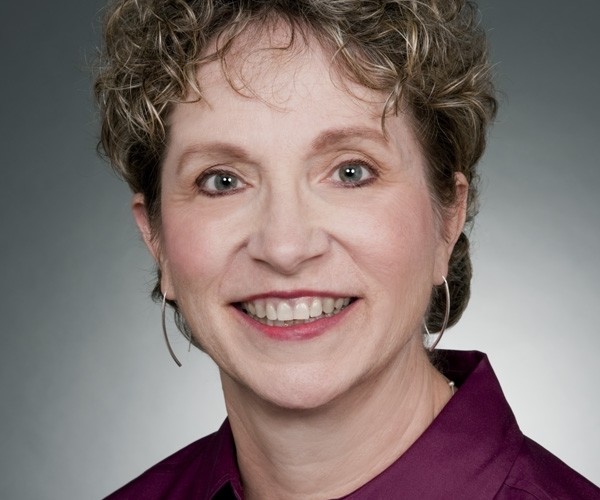U.S. Office on Women’s Health director visits Christiana Care


Before the Affordable Care Act, American women often paid as much as 50 percent more for health benefits, according to analysis by the National Women’s Law Center.
Despite the extra out-of-pocket costs, women were not as healthy overall as American men.
Today, under the new health care law, insurers can no longer increase rates because of gender or pre-existing conditions, including pregnancy. In 2014 alone, 8.7 million women in the U.S. are expected to gain maternity coverage, according to the U.S. Department of Health and Human Services. Millions more will have affordable access to potentially life-saving screenings.
“I do believe this is the most important law in improving health for women in my lifetime,” said Nancy Lee, M.D., the U.S. deputy assistant secretary of Women’s Health and director of the Office on Women’s Health at the Department of Health and Human Services, in a talk at Christiana Care Health System this month.
Each year, Christiana Care, which has been recognized by HHS as the region’s only National Community Center of Excellence in Women’s Health, invites a visiting professor to present grand rounds on a subject of vital importance to women and girls. Dr. Lee presented rounds and the lunchtime lecture “Women’s Health in the U.S.: The Promise of the Affordable Care Act.”
Among the greatest advances for women, Dr. Lee said, is “an unprecedented focus on prevention.”
Under the Affordable Care Act, many preventive services for women are covered without charge to the patient, including screenings for breast, cervical and colon cancer, diabetes, depression, cholesterol, high blood pressure, osteoporosis and sexually transmitted diseases.
“Women no longer have to choose between a co-payment or a mammogram or a colon cancer screening,” Dr. Lee said.
Women also are entitled to immunizations, based on the patient’s age and other risk factors. Benefits such as tubal ligations and contraceptives — albeit controversial — also are covered under the Affordable Care Act.
Further, benefits for women include one well-woman medical visit without charge each year. In addition to routine screenings, the visit also is an opportunity to discuss lifestyle issues that contribute to illness, such as domestic violence, alcohol abuse and smoking.
Dr. Lee noted that the United States lags behind other developed countries in life expectancy and wellness for both men and women, and that the Affordable Care Act could lead to more positive trends.
“Over the last 20 years in the U.S., we have spent increasingly more on health care, yet have not significantly improved our outcomes. The Affordable Care Act is a major step toward controlling costs while increasing quality of care for those we serve, especially for the most vulnerable and at risk,” commented Omar Khan, M.D., associate vice chair of the Department of Family and Community Medicine and medical director for Community Health and the Eugene duPont Preventive Medicine and Rehabilitation Institute.
Dr. Lee also spoke at Obstetrics and Gynecology rounds and to Community & Family Medicine faculty, staff and Christiana Care’s marketplace guides.
Christiana Care is the only hospital health system in the region that hired marketplace guides to help enroll Delawareans in health insurance. In Delaware, almost 15,000 of the state’s 60,000 uninsured people have received coverage since the Affordable Care Act was rolled out, either through the Affordable Care Act or Medicaid.
Dr. Lee expects that coverage for women will have a positive ripple effect because women typically make health care decisions for family members.
“The health of a woman also impacts her loved ones,” she said. “If we enroll women, they will make sure their families are enrolled, too.”